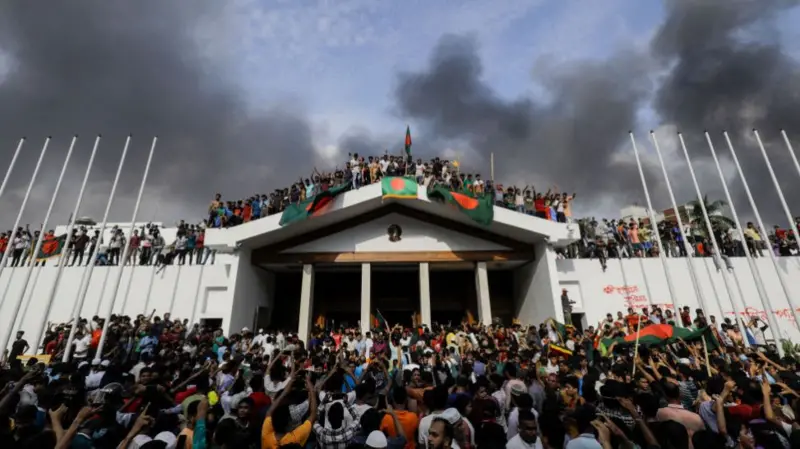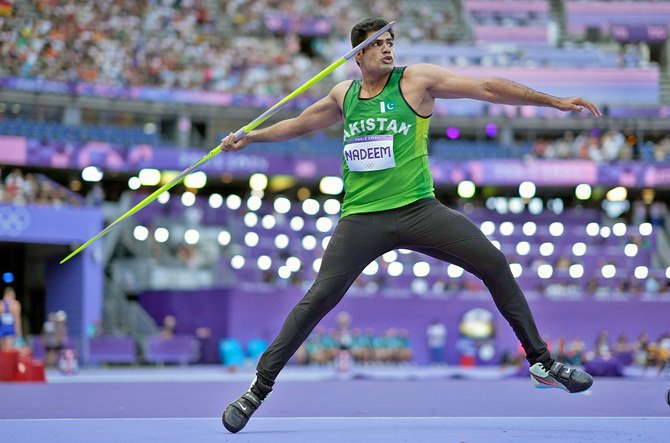Muhammad Yunus (born June 28, 1940, Chittagong, East Bengal, now Bangladesh) is a distinguished Bangladeshi economist and the founder of the Grameen Bank, a pioneering institution that provides microcredit—small loans to impoverished individuals who lack collateral—to help them establish creditworthiness and achieve financial self-sufficiency. In 2006, Yunus and the Grameen Bank were jointly awarded the Nobel Prize for Peace.
Awarded the Nobel Prize for Peace.
Yunus taught economics at Chittagong University from 1961 to 1965 before winning a Fulbright scholarship. He pursued further studies and teaching at Vanderbilt University from 1965 to 1972, earning a Ph.D. in economics in 1969. Upon returning to Bangladesh in 1972, he headed the economics department at Chittagong University. Yunus began studying the economic aspects of poverty in 1974 during a severe famine in Bangladesh.
Pioneering Microcredit and Founding Grameen Bank
Recognizing that agricultural training alone was insufficient for the landless poor, Yunus initiated a program of “micro” loans in 1976. This credit system aimed to meet the financial needs of impoverished individuals in Bangladesh, enabling them to build small businesses. Traditional moneylenders charged exorbitant interest rates, but Yunus’s microcredit model allowed borrowers to access small loans, typically around $25, with support from lending groups. This model fostered peer support and pressure to ensure loan repayment. In 1983, the Bangladesh government made the Grameen Bank Project an independent bank, retaining a minority stake. The Grameen model has since inspired similar microlending initiatives worldwide.
Entry into Politics and Dismissal from Grameen Bank
In February 2007, Yunus ventured into politics by forming the Nagorik Shakti (Citizen Power) party and announced his candidacy for the upcoming election. This decision came during a state of emergency marked by intense conflict between the Awami League and the Bangladesh National Party. Yunus’s movement aimed to restore good governance and eliminate corruption. However, by May 2007, he Abandoned his political ambitions due to insufficient support.
In 2010, Yunus and the Grameen Bank faced scrutiny following the release of the documentary “Caught in Micro Debt,” which criticized microloans and alleged misappropriation of funds. Although cleared by Norwegian officials, the Bangladesh government initiated an investigation. In 2011, the central bank dismissed Yunus as managing director of Grameen, citing a mandatory retirement age of 60. Yunus, who had turned 60 in 2000, challenged the decision legally, but the courts upheld his removal. He asserted that his dismissal was politically motivated, orchestrated by his rival Sheikh Hasina Wazed.
Literary Contributions and Global Recognition
Yunus authored several books, including “Building Social Business: The New Kind of Capitalism That Serves Humanity’s Most Pressing Needs” (2010) and “A World of Three Zeroes: The New Economics of Zero Poverty, Zero Unemployment, and Zero Net Carbon Emissions” (2017). His numerous honors include Bangladesh’s prestigious Independence Day Award (1987), the World Food Prize (United States, 1994), and the U.S. Presidential Medal of Freedom (2009). He was also the first recipient of the King Hussein Humanitarian Award (Jordan, 2000).
Leadership of the 2024 Interim Government
In July 2024, student protests erupted in Bangladesh, initially demanding changes to civil service job selection criteria but soon evolving into a broader anti-government movement. By early August, calls for the resignation of Prime Minister Sheikh Hasina Wazed intensified. On August 5, Bangladesh’s army chief, Waker-uz-Zaman, confirmed Hasina’s resignation and announced the formation of an interim government. Hasina fled to India temporarily.
Following Hasina’s departure, student leader Nahid Islam called for the dissolution of parliament and for Yunus to lead the interim government. President Mohammad Shahabuddin Chuppu complied with these demands on August 6, and Yunus accepted the appointment the same day. His primary task is to restore order and stability in Bangladesh amid the ongoing national crisis, which has escalated to widespread violence and vandalism.



